prontobarca.com
Per capire!
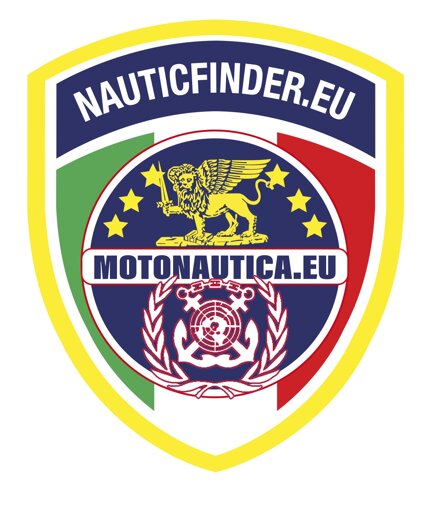
Spesso... nella vita di ognuno di noi, accadono cose difficilmente spiegabili, si verificano situazioni incomprensibili e reazioni incontrollabili; a volte per distrazione, in altri casi per volontà altrui.
Dedico queste parole a coloro che non si sono mai arresi, a chi non ha mai smesso di credere in se stesso e che mai smetterà di lottare, per continuare nella grande giungla della vita, per dimostrare in ogni momento l'inarrestabile voglia di vivere sempre al massimo!
Nel breve spazio transitorio che ci è stato concesso di vivere, nel quale possiamo recepire sensazioni relative e limitate, auguro a tutti gli inarrestabili il meglio (per quanto relativo) di tutto quello che la vita può offrire loro.
Igor Orso
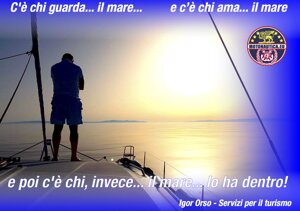
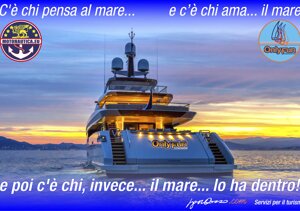
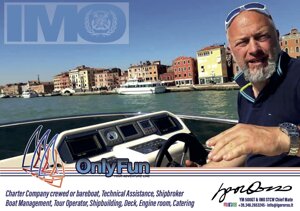
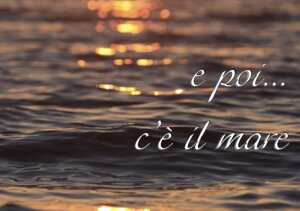



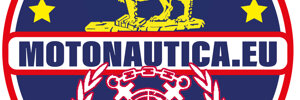
Igor Orso
Born: Bassano del Grappa 3th august 1974 Vicenza - Italy
Educational Qualification: Master Electrician - Perito Elettrotecnico Sperimentale
Driver Licenses: A B C E
Ski Instructor, Diver Padi.
Unlimited sailing and motor license number 2157/S
YACHTMASTER 500GT n.400558363 OOW 3000GT
RYA/MCA - Yacht Master Offshore - Certificate No. 58059 - RYA Ref No.: 920845740
RYA/MCA - Shorebased Course - Yachtmaster Offshore Certificate number 003659
RTF License - Certificate number A - 00794
MCA - Maritime Radio Operator Certificate GMDSS: Global Maritime Distress Safety System
SRC - Short Range Certificate - RYA - Certificate number 860785
Basic Life Support + First Aid Provider DAN I.D. 884123
Safety, Emergency and survival at Sea n.1527270, World Sailing offshore special regulations 6.01 cat.1e2, main teacher Umberto Verna - Safety world
ENG1 Medical Certificate for “Seafarers”
Start as sailor man in 1988, was only 14 years old, and then in 1995 as Skipper.
Specialized in special transfers in high-risk dangerous marine areas. Last transfer from Athens to Dubai on deployment for 27 days.
He attended his studies until he obtained the diploma in electrical engineering with an experimental specialization.
The son of teachers, he follows his father, a physical education teacher and ski instructor, starts skiing at the age of 3 and competes with skis in the special and giant slalom specialties at the age of 6. The passion for music leads him as a DJ already at the young age of 15 in the discos around the Bassano area while still cultivating a passion for skiing, for the sea, boats and also for engines as well as nurturing a strong sympathy for technical drawing and mathematics.
The seasons give him the opportunity in summer to cultivate a passion for sailing in the Balearic Islands and then move to Croatia. In the summer he worked as a Skipper for many years in Croatia sailing between the Kornati islands, organizing groups for all summer seasons, trying to give maximum comfort on board to fully satisfy the needs of all customers, providing a service complete with the galley, the kitchen and all the possible "toys" in a sailing boat with a rubber dinghy in tow to have the opportunity to do water skiing, "banana" and even diving by agreeing with the best diving schools in each location where arrives and always maintaining a joyful atmosphere on the boat, trying to fully satisfy the musical needs of the group ...
He always followed the maintenance of all the boats he used for work. in recent years he has always been called by companies and private individuals for on-board surveys and for the preparation of company charters, in addition to boat transfers.
At the end of the pandemic he was appointed as Surveyor and commander of the Frattin Yachting with which he still collaborates as logistics and boat transfer manager.
Commanded Sailing Boats: Bavaria 49, Bavaria 50, Bavaria 51, Jeanneau 49, Jeanneau 54DS, Hanse 540e, Hanse 575, Dufour Gib Sea 51, Ocean Star 51.1, Grand Soleil 50, Oceanis 54
Commanded Catamarans: Lagoon 450, Lagoon 450 F, Lagoon 46, Lagoon 50, Lagoon 52F, Lagoon 620, Dufour 44S Cervetti, Dufour 48, Fountaine Pajot Alegria 67 (Special Transfer from Athens Greece until Dubai UAE).
Commanded Motor Yacht: Antares 9.80, Azimut 42, Astondoa 377, Astondoa AS5, Astondoa AS8, Evoyachts R4, Pardo 43, Azimut 62, Azimut 74, Azimut 75 Dalla Pietà 59 FLY, Rizzardi 73HT, Leonard 74 Fly, Riva 85 Opera, San Lorenzo 82. Ferretti 630, Ferretti 681, Ferretti 731, Ferretti 72, Ferretti 830, Maiora 27, Maiora 29 DP.
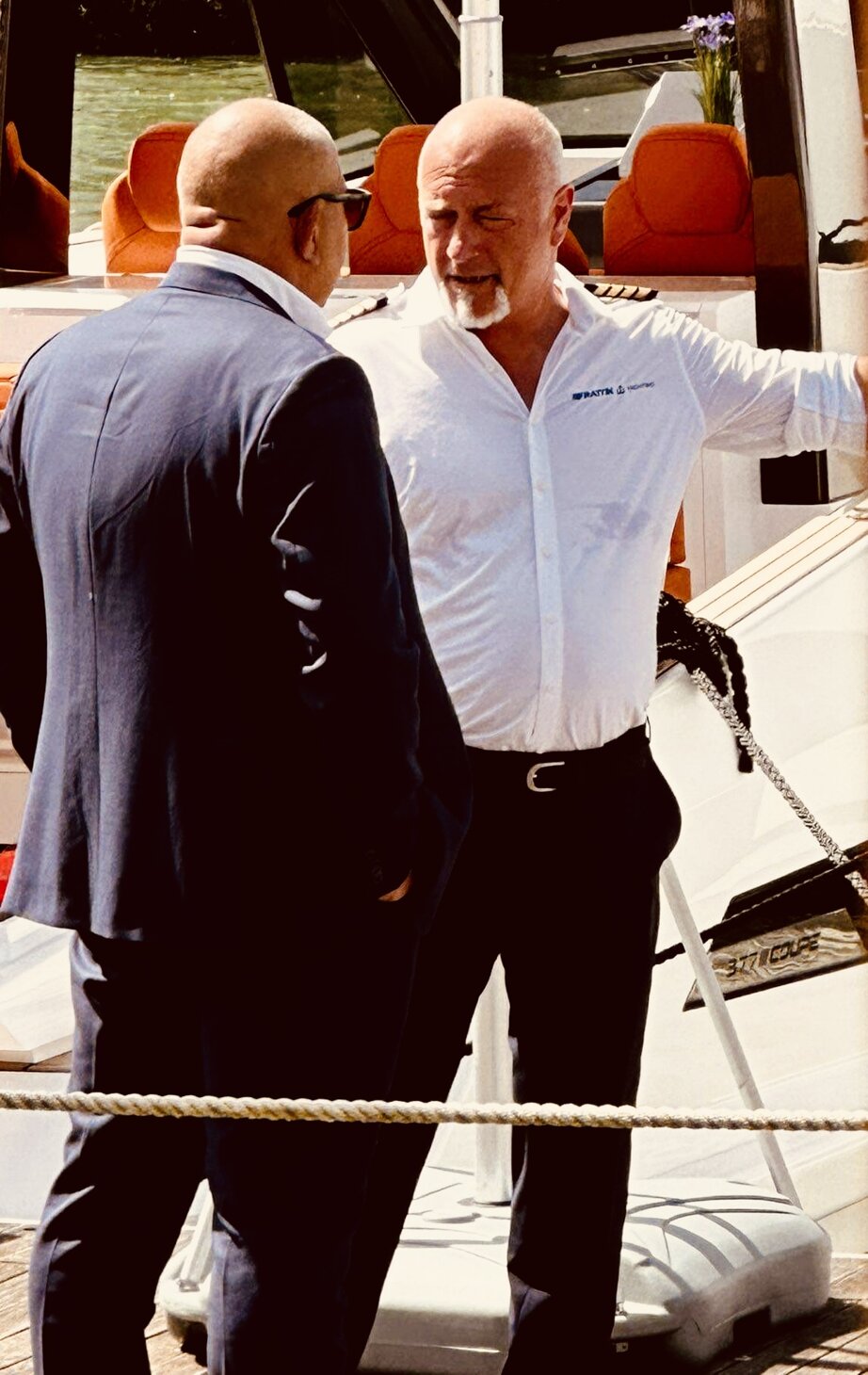
Contattaci
Saper di non sapere!
Don't forget
NAUTICAL SOUNDS:
. TURN TO STARBOARD SIDE
.. TURN TO PORT SIDE
… REVERSE
…. PILOT VESSEL
….. NEGATIVE
…. . 180° STARBOARD
…. .. 180° PORT
_ _ . OVERTAKEN BY STARBOARD SIDE
_ _ . . OVERTAKEN BY PORT SIDE
_ . _ . I AGREE WITH YOUR OVERTAKE
RESTRICTED VISIBILITY
_ UNDERWAY MAKING WAY
_ _ UNDER POWER, UNDERWAY BUT NOT MAKING WAY
_ . . TOWING
NOT UNDER COMMAND
CONSTRAINED BY DRAUGHT
RESTRICTED MANUVERABILITY
FISHING
_ . . . TOWING VESSEL
. _ . AT ANCHOR OR AGROUND
((BELL)): ANCHOR < 100 MT.
((BELL)) + GONG: ANCHOR >100 MT.
!!!((BELL))!!! AGROUND < 100 MT.
!!!((BELL))!!! + GONG: AGROUND > 100 MT.
ETA: ESTIMATED TIME OF ARRIVAL
GT: GROSS TONNAGE
ETD: ESTIMATED TIME OF DEPARTURE
GMDSS: GLOBAL MARITIME DISTRESS SAFETY SYSTEM
MRCC: MARITIME RESCUE COORDINATION CENTER
UTC: UNIVERSAL TIME COORDINATED
VHF: VERY HIGH FREQUENCY
MERSAR: MERCHANT SHIP SEARCH AND RESCUE
VTS: VESSEL TRAFFIC SERVICES
GPS: GLOBAL POSITION SYSTEM
EPIRB: EMERGENCY POSITION INDICATING RADIO BEACON
RADAR: RADIO DETECTING AND RANGING
ARPA RADAR: AUTOMATIC RADAR PLOTTING AIDS
CPA: CLOSER POINT OF APPROACH
SAR: SEARCH AND RESCUE
OSC: ON SCENE COMMAND
CSS: COORDINATOR SURFACE SEARCH
LT: LOCAL TIME
SART: SEARCH AND RESCUE RADAR TRANSPONDER
SOLAS: SAFETY OF LIFE AT SEA
STCW: STANDARDS ON TRAINING CERTIFICATION AND WATCHKEEPING FOR SEAFARES
INMARSAT: INTERNATIONAL MARITIME SATELLITE ORGANISATION
IMO: INTERNATIONAL MARITIME ORGANISATION
MSI: MARITIME SAFETY INFORMATION
RCC: RESCUE COORDINATION CENTRE
DSC: DIGITAL SELECTIVE CALL
LOA: LENGHT OVER ALL
The paradoxical foundation of Socratic thought is the "knowing that you don't know", an ignorance understood as an awareness of definitive non-knowledge, and therefore a fundamental motive for the desire to know. The figure of the philosopher according to Socrates is completely opposite to that of the know-it-all, or the sophist who considers himself and presents himself as a wise man, at least with a technical knowledge such as that of rhetoric. The historical sources that have come down to us describe Socrates as a character animated by a great thirst for truth and knowledge, which however seemed to continually elude him. He said that he was thus convinced that he did not know, and that he did not consider himself a wise man. In the Apology of Socrates we are told how he became aware of this starting from a singular episode. A friend of his, Chaerephon, had asked the Pythia, the priestess of the oracle of Apollo at Delphi, who was the wisest man and she replied that it was Socrates. He knew he was not the wisest and therefore wanted to demonstrate how the oracle was wrong by going into dialogue with those who had the reputation of being very wise, especially politicians. But at the end of the confrontation, Socrates recounts, these, faced with their own contradictions (the Socratic aporia) and inadequacies, felt astonishment and bewilderment, appearing for what they were: ignorant presumptuous people who did not know they were such. «Then I understood, says Socrates, that truly I was the wisest because I was the only one who knew that I didn't know, who knew that I was ignorant. Subsequently those men, who were the ones who governed the city, faced with their inadequacy began to hate Socrates". "That is why even today I go around investigating and searching... if there is anyone... may deem wise; and since it seems to me that there is no one, I thus come to the aid of the god by demonstrating that there is no one wise" (from Plato, Apologia di Socrate edited by M. Valgimigli, in Works p.45) He therefore "investigating and researching" confirms the oracle of the god, thus showing the insufficiency of the ruling political class. Hence the accusations of his opponents: he would have aroused the youthful protest by teaching with the critical use of reason to refuse everything that one wants to impose by the force of tradition or for a religious value. In reality, Socrates (again according to Plato's testimony) did not intend at all to challenge traditional religion, nor to corrupt young people by inciting them to
subversion.
Paradossale fondamento del pensiero socratico è il "sapere di non sapere", un'ignoranza intesa come consapevolezza di non conoscenza definitiva, e quindi movente fondamentale del desiderio di conoscere. La figura del filosofo secondo Socrate è completamente opposta a quella del saccente, ovvero del sofista che si ritiene e si presenta come sapiente, perlomeno di una sapienza tecnica come quella della retorica. Le fonti storiche che ci sono pervenute descrivono Socrate come un personaggio animato da una grande sete di verità e di sapere, che però sembravano continuamente sfuggirgli. Egli diceva di essersi convinto così di non sapere, e di non ritenersi un sapiente. Nell'Apologia di Socrate ci viene descritto come egli abbia preso coscienza di ciò a partire da un singolare episodio. Un suo amico, Cherefonte, aveva chiesto alla Pizia, la sacerdotessa dell'oracolo di Apollo a Delfi, chi fosse l'uomo più sapiente e questa aveva risposto che era Socrate. Egli sapeva di non essere il più sapiente e quindi volle dimostrare come l'oracolo si fosse sbagliato andando a dialogare con quelli che avevano fama di essere molto sapienti, in particolare i politici. Ma alla fine del confronto, racconta Socrate, questi, messi di fronte alle proprie contraddizioni (l'aporia socratica) e inadeguatezze, provarono stupore e smarrimento, apparendo per quello che erano: dei presuntuosi ignoranti che non sapevano di essere tali. «Allora capii, dice Socrate, che veramente io ero il più sapiente perché ero l'unico a sapere di non sapere, a sapere di essere ignorante. In seguito quegli uomini, che erano coloro che governavano la città, messi di fronte alla loro pochezza presero ad odiare Socrate».«Ecco perché ancora oggi io vo d'intorno investigando e ricercando...se ci sia alcuno...che io possa ritenere sapiente; e poiché sembrami che non ci sia nessuno, io vengo così in aiuto al dio dimostrando che sapiente non esiste nessuno» (da Platone, Apologia di Socrate a cura di M.Valgimigli, in Opere pag.45) Egli quindi "investigando e ricercando" conferma l'oracolo del dio, mostrando così l'insufficienza della classe politica dirigente. Da qui le accuse dei suoi avversari: egli avrebbe suscitato la contestazione giovanile insegnando con l'uso critico della ragione a rifiutare tutto ciò che si vuole imporre per la forza della tradizione o per una valenza religiosa. Socrate in realtà (sempre secondo la testimonianza di Platone) non intendeva affatto contestare la religione tradizionale, né corrompere i giovani incitandoli alla sovversione.
igororso.com



